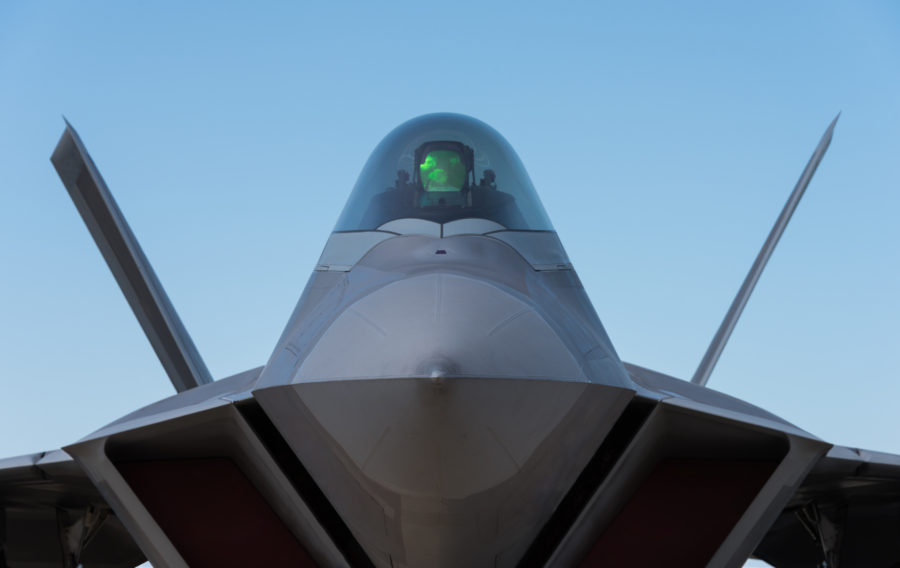
Pratt & Whitney has announced it has successfully completed testing of an adaptive three-stream fan in an engine with an F135 core as part of the US Air Force Research Laboratory’s Adaptive Engine Technology Development (AETD) programme.
Modern military turbofan engines have two airstreams – one that passes through the core of the engine, and another that bypasses the core. The development of a third stream provides an extra source of air flow to improve propulsive efficiency and lower fuel burn, or to deliver additional air flow through the core for higher thrust and cooling air. Utilising a third stream of air that can be modulated to adapt the engine’s performance across the flight envelope means a fighter can have the best of both worlds by accessing an on-demand increase in thrust or smoothly shift to highly efficient operations during cruise. This capability provides an optimal balance for combat scenarios requiring both high-end acceleration and increased range.
The adaptive three-stream fan technology leverages and improves upon Pratt & Whitney’s experience as the only provider of fifth generation fighter engines – the F119 and F135, which power the F-22 Raptor and F-35 Lightning II, respectively.
The AETD fan test was conducted at the Arnold Engineering Development Complex, located on Arnold Air Force Base in Tullahoma, Tenn. Later this year, Pratt & Whitney plans to conduct additional adaptive engine testing on a new high efficiency engine core developed under the AETD programme.
Matthew Bromberg, President, Pratt & Whitney Military Engines said: “Preliminary data from the test indicates our three-stream fan has met or exceeded expectations with respect to performance as well as the integrity of the turbofan machinery and fan module.
“This is an important milestone on the path toward the advancement and maturation of a next generation adaptive engine which will enable the warfighter to stay well ahead of future and emerging threats.”
If you would like to join our community and read more articles like this then please click here.
Adaptive Engine Technology Development AETD Pratt & Whitney US Air Force Research Laboratory







